Doing business
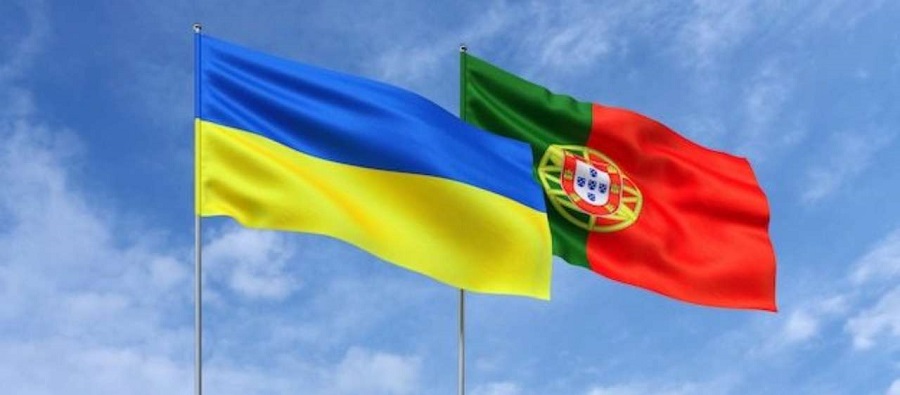
A year and a half of russia’s full-scale war against Ukraine, the Republic of Portugal has been providing political, financial, humanitarian and military support to Ukraine, individually and through international cooperation in the European Union, NATO, the UN and other formats.
Portugal became the 23rd country to formalise its support for Ukraine’s membership in NATO. A joint declaration was adopted by the heads of Ukraine and Portugal.
In addition, Portugal expresses its support for the Ukrainian “Peace Formula” aimed at establishing a comprehensive, fair and sustainable peace in Ukraine for global security. Portugal also supports Ukraine in its reform efforts and in fulfilling the necessary requirements to start EU accession negotiations, expecting a positive report from the European Commission.
Within NATO, Portugal continues to focus on direct support to Ukraine, in particular through the Alliance’s enhanced Comprehensive Assistance Package, and in coordination with Allies and partners, continues to support the strengthening of Ukraine’s defence capabilities.
The country supports all the restrictive measures imposed by the EU against the terrorist state of russia. In particular, the Portuguese authorities froze about €18 million of assets of sanctioned persons in accordance with the EU sanctions against russia.
Portugal will contribute financially to the collection of evidence of war crimes in Ukraine and may send experts from the Judicial Police and the National Institute of Forensic Medicine. The country will provide a voluntary contribution of €75,000.
In addition to its national contribution, Portugal is actively involved in the European Union and NATO’s military assistance to Ukraine and training of Ukrainian military personnel, including fighter pilots.
In April, the Government of Portugal announced the transfer to the Ukrainian army of five medical evacuation vehicles based on M113 armoured personnel carriers and seven M577 command vehicles, a battery of 105 mm howitzers, and 180 tonnes of ammunition. In total, Portugal has handed over 45 M113 vehicles to Ukraine. It has also recently become known that Ukraine received Portuguese Tekever AR3 UAVs and three Leopard 2A6 tanks as part of international military assistance.
In addition, Ukraine received eight high-capacity power generators and two tonnes of medical equipment.
Felizonda Fest was held in Lagos, Portugal, near the Atlantic Ocean. This is a charitable festival organised by Ukrainian volunteers from Oranta, the Association for Support of the Ukrainian Community in Portugal. The idea of the festival is to promote Ukrainian music, contemporary art and folk traditions of Ukraine in Portugal. The event aims to unite the world around support for Ukraine.
The development of mutually beneficial trade and economic cooperation also remains an important priority for both countries. The analysis of export and import operations of Dnipropetrovsk region with Portugal demonstrates a high level of partnership, as this country is an important trade partner of the region.
According to the results of 2022, the volume of goods exports from the Dnipropetrovsk region totalled $1.6 million. The goods that are in demand among Portuguese consumers are ferrous metals and products made of them, plastics and polymers, machinery and equipment, etc.
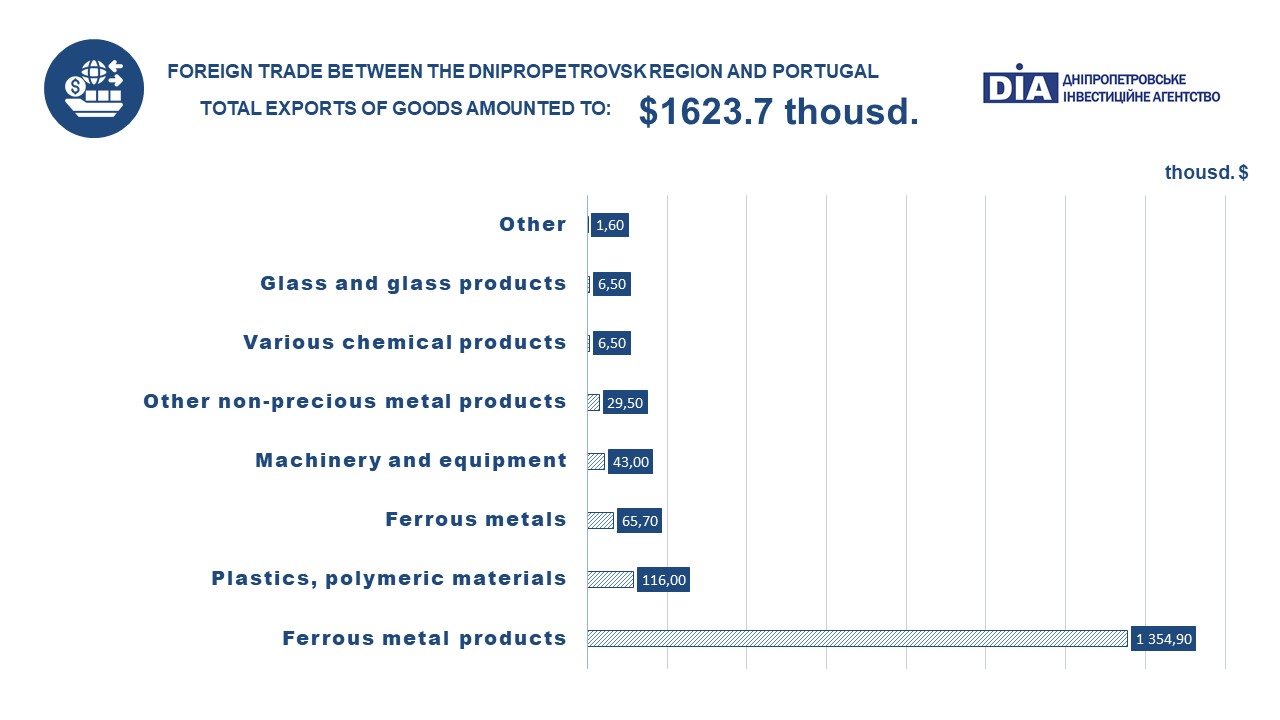
Export operations were carried out by 13 companies from Dnipropetrovsk region. Main exporting companies are metallurgical, machine-building and processing enterprises.
TOP-5 exporters (ranked by volume of exported products):
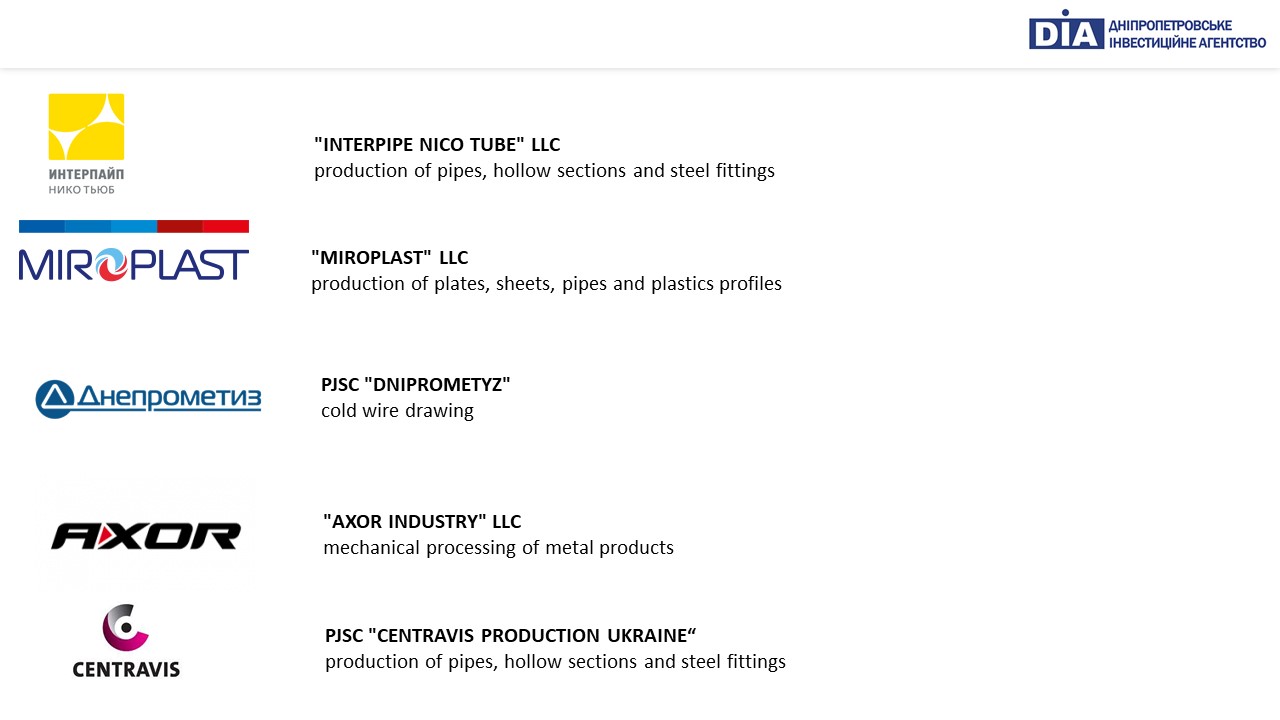
Imports of goods from Portugal to Dnipropetrovsk region totalled $2.8 million and decreased by 34.2% compared to 2021. Traditionally, Dnipropetrovsk region purchased processed vegetables, pharmaceuticals, electrical machinery and equipment, alcoholic and non-alcoholic beverages, fish and crustaceans, and other goods.
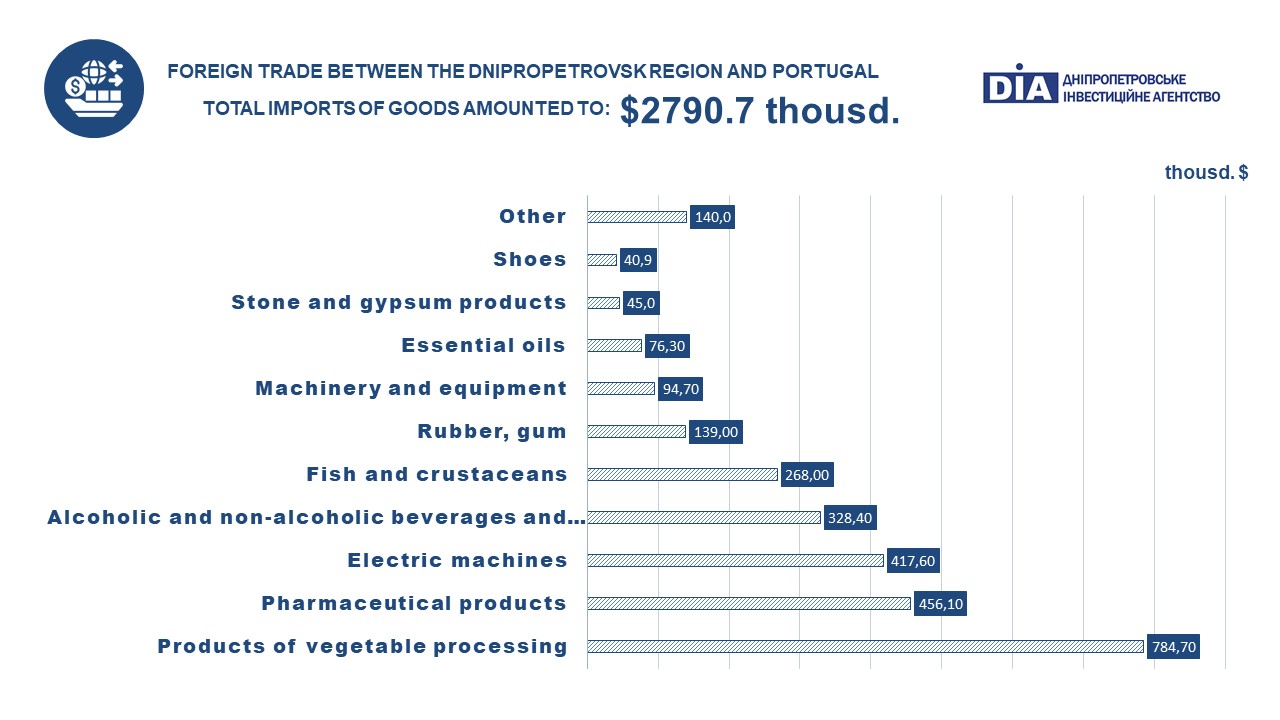
Import operations were carried out by 53 importers.
TOP-5 importers (ranked by volume of imported products):
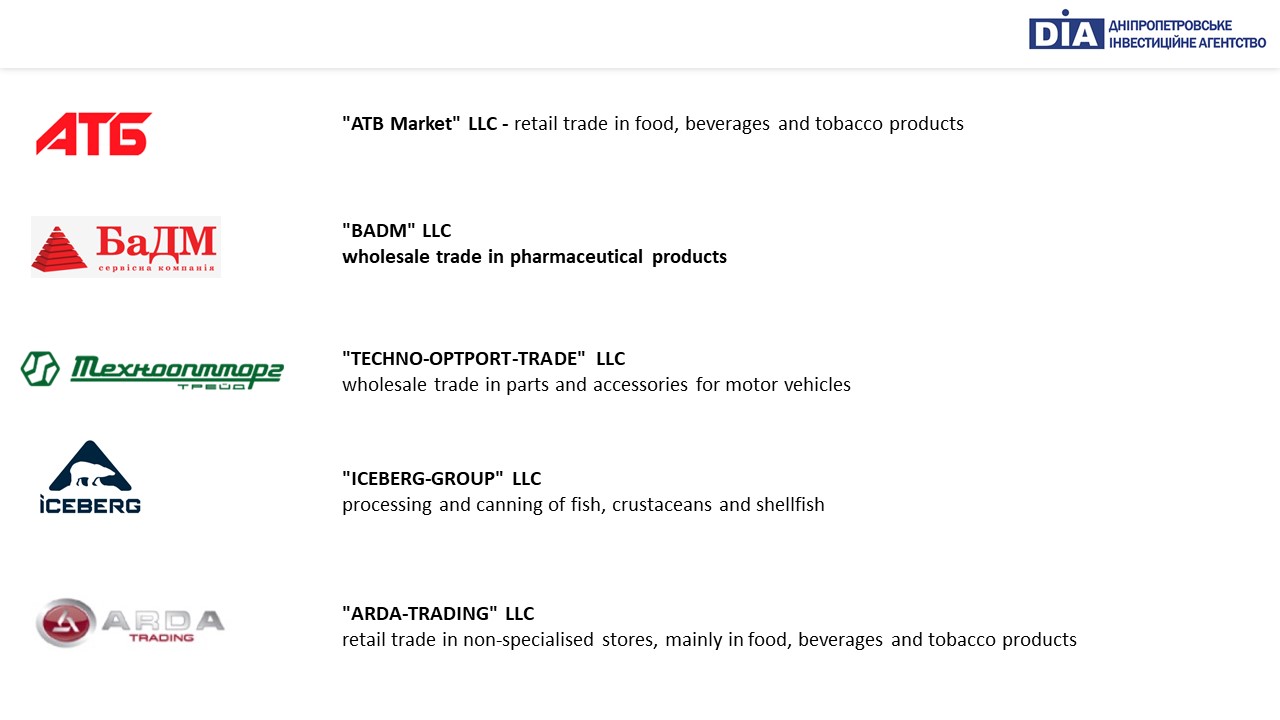
Import operations were mainly carried out by pharmaceutical, food, trade, machine-building and processing companies.
Source: information for the article was taken from open online sources